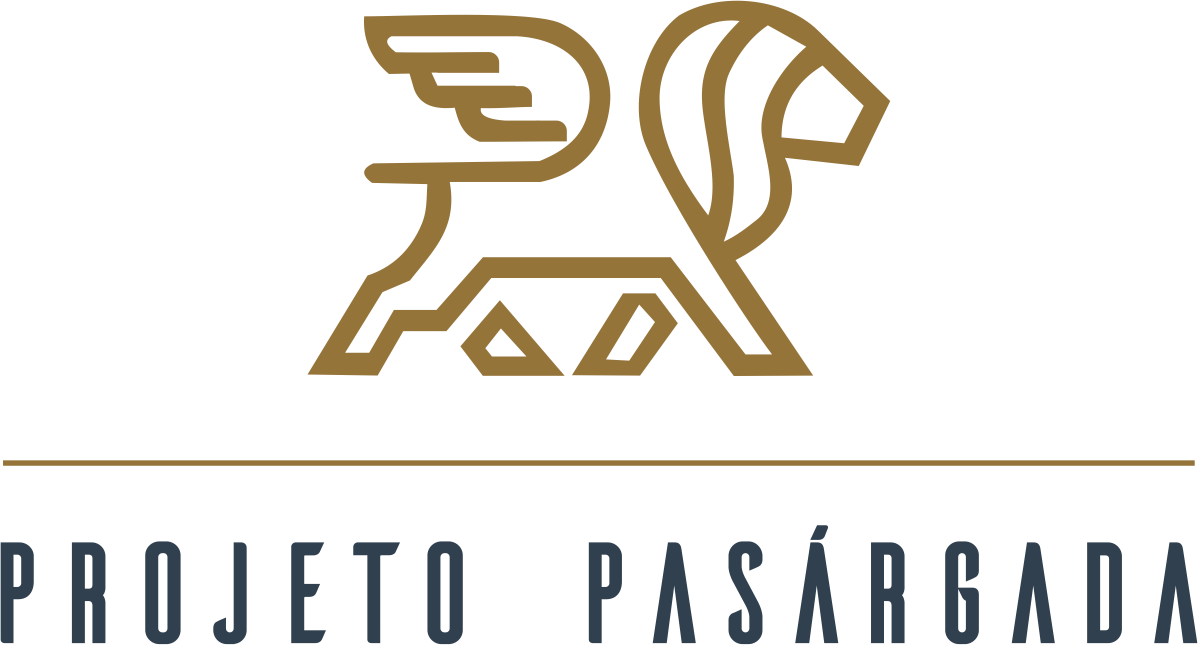Na aula de hoje tratou da ‘REFORMA PAPAL’ e da influência da igreja no desenvolvimento do mundo…. e qual a influência deste domínio na gênese do Direito.
Esta matéria não será cobrada na primeira prova… sendo exigida somente na segunda avaliação.
Para a primeira prova, agendada para o dia 20.04.12 (sexta-feira) será cobrado o conteúdo dos 5 primeiros textos tratados (Peter Burke, Hespanha, Omar Thomaz, Harold Bernam e Argemiro Cardoso).

THE POPE’S POWER IN 27 STATEMENTS
Burning faith, mystical tension towards Jesus, incorruptible will-power, innate sense of justice. The extraordinary character of Ildebrando di Soana, elected pope on April 22, 1073 as Gregory VII, the last pope to have his election confirmed by a German emperor. But Gregory would have soon amended what he certainly saw as a humiliation: the same emperor, Henry IV, would humiliate himself in front of him outside the castle at Canossa, waiting for three days and three night for pope Gregory to annul his excommunication.
The incident would mark the first step towards the Church’s freeing (libertas Ecclesiae) from imperial power, and towards the claim for the papacy’s prerogatives, amongst which Gregory VII strongly demanded the right to appoint the Church’s hierarchies: the investiture controversy between the papacy and the empire for the appointment of bishops and abbots would eventually resolve with a victory for the Church (Concordat of Worms, 1122). However, it was thanks to Gregory VII that the emancipation process from lay power started.
In 27 statements, collected under the title of Dictatus papae, pope Gregory, architect of the great reformation of the Church which still carries his name (the so-called “Gregorian reform”), summarised the fundamental principles of papal supremacy over all other earthly power, be it lay or spiritual. Written in 1075, the propositions are inserted in the original register from Gregory’s Chancery (Vatican Register n. 2, ff. 80v-81r, in the Vatican Secret Archives) and were dictated by the pope himself: it is in this very meaning that the word dictatus must be seen.
Nearly all statements (24 out of 27) are concerned with the pope’s persona and his prerogatives, with newly formulated precepts which contradict the Church’s normative customs, by asserting the pope’s supremacy over bishops, who had been jealous of the liberties they had enjoyed until then and who were now punished if they disobeyed.
The dictatus starts with the principle of Rome’s primacy: «The Church was founded by God and by God alone» (n.1), a statement from which all of the pope’s sovereign prerogatives derive. «Only he can be considered as universal» (n.2); «only the pope can use imperial insignia» (n.8); «only he can issue laws, found congregations or abbeys, dismember or unite dioceses» (n.7); «of the pope alone shall princes kiss the feet» (n.9); «he himself must be judged by no one» (n.19).
However, the harshest claim, which overturns relations between popes and emperors – which had consolidated until Gregory’s election – is proposition n.12: «Quod illi liceat imperatores deponere»; in fact it means «it may be permitted to him – to the pope – to depose emperors». Following such assertion is the pope’s power to absolve subjects from fealty to the emperor (n.27).

